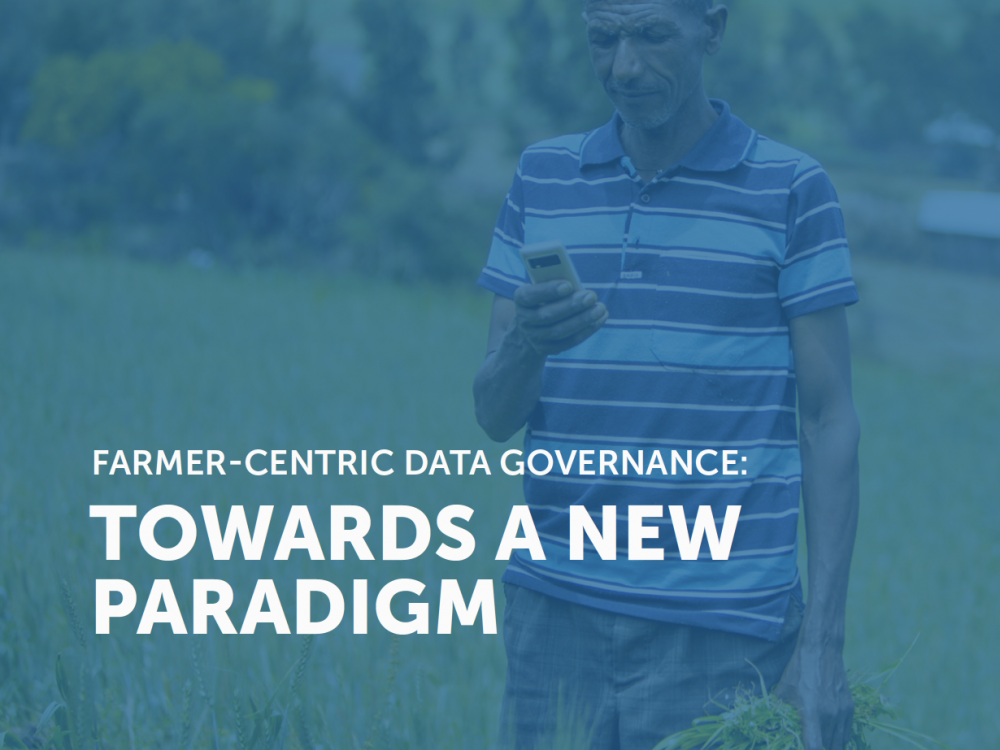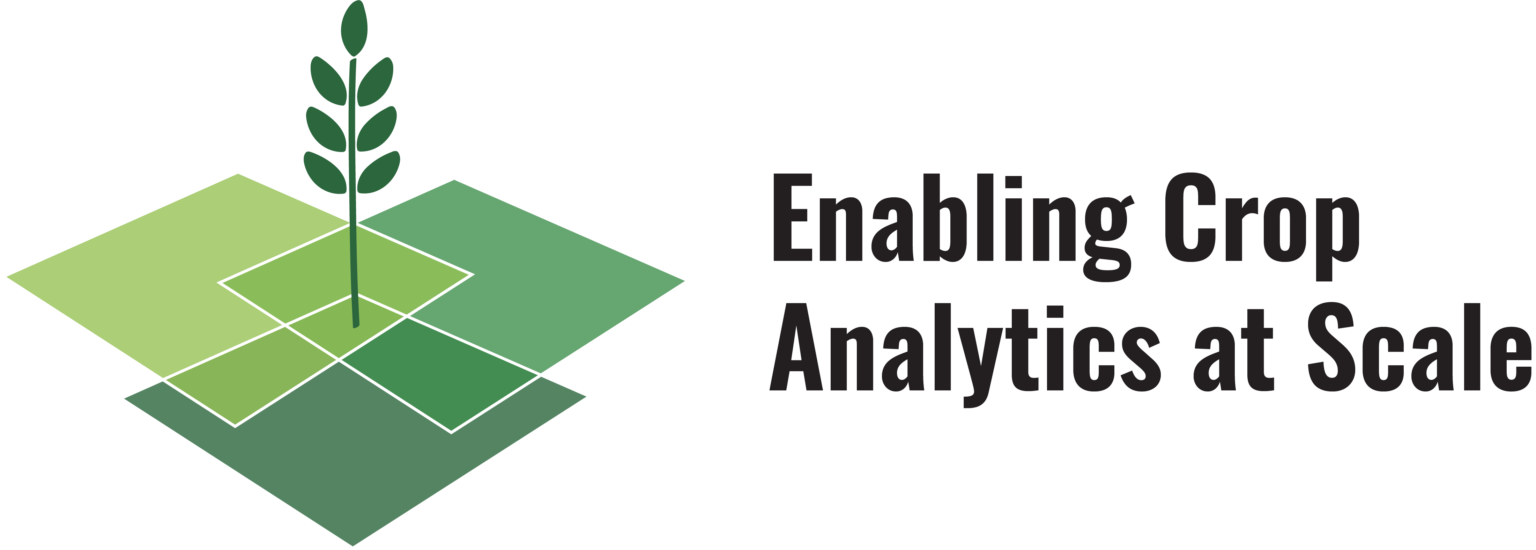Generative AI tools, such as ChatGPT, Bard, and Claude, have been trained on massive amounts of data. However, much of that data is in the world's most commonly spoken languages, meaning that these models can struggle to understand and communicate in underrepresented languages.
This webinar, heard from several organizations that are working to strengthen the availability andfunctionality of underrepresented languages and leveraging generative AI to benefit the agriculture sector in low- and middle-income countries.
- Rebecca Ryakitimbo, Mozilla Common Voice, shared her experience helping to build an open language dataset in Kiswahili.
- Eliot Jones-Garcia, University of Nottingham, talked about an AI tool his team has developed in partnership with Farm Radio International that can analyze and aggregate farmers' calls to radio networks in Bantu languages, with the intention of better tailoring radio shows to farmers
- Archana Karanam, Digital Green, talked about their development of Farmer.Chat, an AI-assistant for agricultural front-line workers, which has been deployed in local languages in India and Kenya.
Shared resources:
Mganga, Nelson; Jones-Garcia, Eliot; Monsalue, Andrea Gardeazabal; and Koo, Jawoo. (2023). Longa: An automated speech recognition tool for Bantu languages. Digital Innovation Technical Report December 2023. Washington, DC: International Food Policy Research Institute (IFPRI). # 13 p.
Farm Radio International (FRI) and the CGIAR Research Initiative on Digital Innovation have collaborated on the development of an end-to-end, automatic speech recognition pipeline for the transcription, translation, and analysis of Swahili and Luganda. This task is particularly challenging due to the number of languages used by FRI's clients and the limited training data available for speech recognition in African languages. The tool is named 'Longa', or 'Let's chat' in Swahili. Longa will be used to answer the surplus of phone calls currently being received from smallholder farmers asking questions about radio programs which FRI does not presently have the capacity to address
Within each of the listed links users can find repositories of agricultural data and statistics which can be used as ground truth training data.
Josse De Baerdemaeker (2023) Artificial intelligence in the agri-food sector – applications, risks and impact EPRS | European Parliamentary Research Service Scientific Foresight Unit (STOA) PE 734.711 – March 2023 # 92 p.
- In this study, sensing and data collection in different agri-food sectors are described, together with how the data can lead to better management and better decision making in crop and animal production.
- Questions raised with respect to AI include: how to balance potential benefits against potential risks; how to govern the use of these technologies; and how to incorporate socio-ethical value considerations into the policy and legal frameworks under development. Policies for training and education have to support potential users.
Related PAEPARD blogs
- 19/10/23 Artificial intelligence and digital tools for climate resilient agrifood systems
- 15/05/23 Responsible Artificial Intelligence Network for Climate Action in Africa (RAINCA)
- 27/04/23 Leveraging Artificial Intelligence (AI) & Satellite Remote Sensing Data for Decision-making in the African Agricultural Sector
- 21/03 AI tools open up a world of African languages





No comments:
Post a Comment